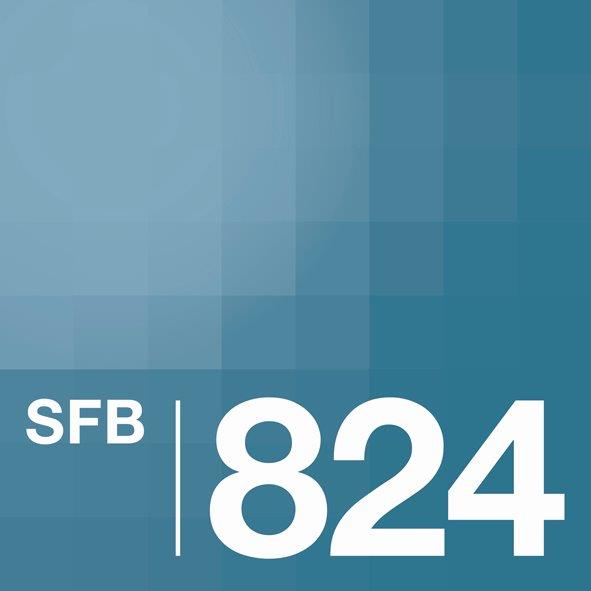About the SFB
Imaging for the selection, monitoring and individualization of cancer therapies
Since most cancer therapies are associated with considerable side effects, with limited quality of life and high costs, the need for better selection and monitoring of cancer therapy in individual patients is widely appreciated. The use of in-vitro and in-vivo biomarkers is expected to address this need in the future and to support evolving strategies of personalized medicine. This This SFB initiative (Sonderforschungsprojekt = Special Research Area) explores new imaging approaches to link the in-vivo visualization of tumour biology with the success of treatment in an individual patient. With the advent of molecular imaging tumour tissue can be non-invasively characterised by imaging probes targeting biological processes such as metabolism, cell growth and migration as well as vas-cularisation and oxygen tension. Based on such measurements signals can be defined, which detect and quantitatively describe pharmacologic effects in tumour tissues within few days after initiation of therapy. Initial results suggest that therapeutic strategies can be successfully adapted based on metabolic imaging results, which are able to identify responders with improved clinical outcome. However, more specific and sensitive imaging signals are needed to match therapeutic targets with imaging agents addressing the same or corresponding biologic processes, respectively. The development of these new techniques requires close cooperation between chemists, physicists and computer scientists as well as biologists and clinicians.
About the SFB 824
The SFB (Sonderforschungsprojekt = Special Research Area) aims at improving the success of cancer therapies with the help of imaging. The involved researchers want to develop new methods of molecular imaging with which the suc-cess of a treatment can be better predicted and the results of the treatment can be objectively and quantitatively collected. The research shall not only allow recognizing tumour tissue in an early state but also to objectively gather the results of a treatment based on biological signals. In addition to the metabolism in tumour tissue other cell biological processes like proliferation, vascularization and substrate transfer are addressed. Furthermore the demonstration of cell biological signals is used to evaluate the aggressiveness of a tumour. Imaging probes and optical methods shall finally allow the transfer of the molecular imaging from the animal model to the clinical situation. More(link is external)
Funding periods
The SFB824 was founded in three periods by the "Deutsche Forschungsgemeinschaft".
- 2009 - 2013
- 2013 - 2017
- 2017 - 2021 (this period was extended due to the pandemic until 30 September 2021)
Institutions involved in the research project
- Klinikum rechts der Isar TUM (Technical Universität Munich)
- Technische Universität München (TUM, Technical University Munich)
- Klinikum der Universität München Campus Großhadern
- Helmholtz Zentrum München, German Research Center for Environmental Health
- Universitätsklinikum Essen
- Charité – Universitätsmedizin Berlin

